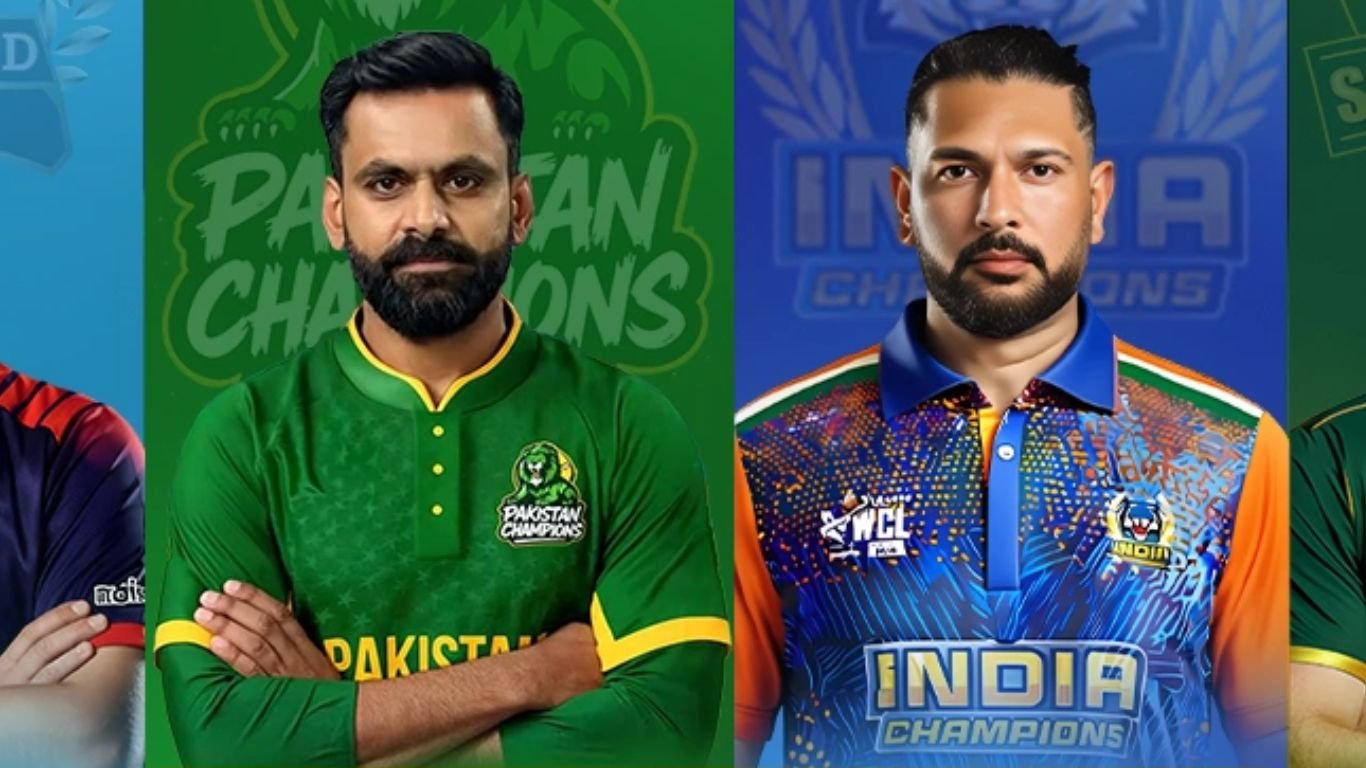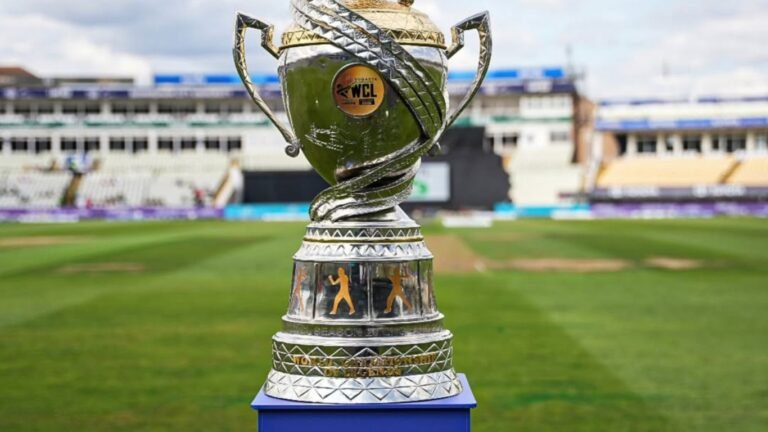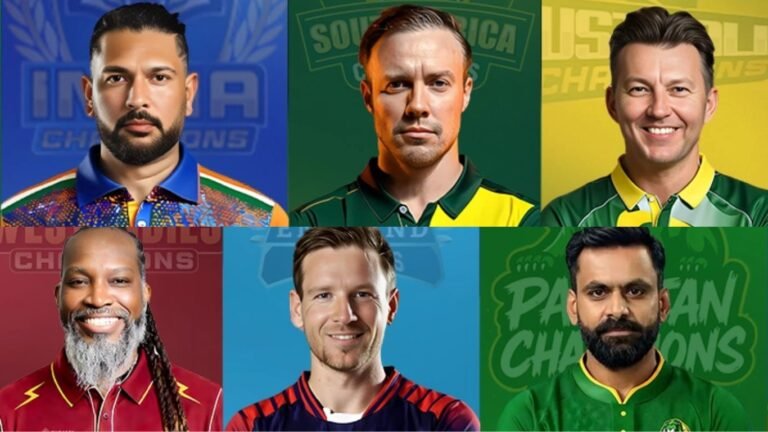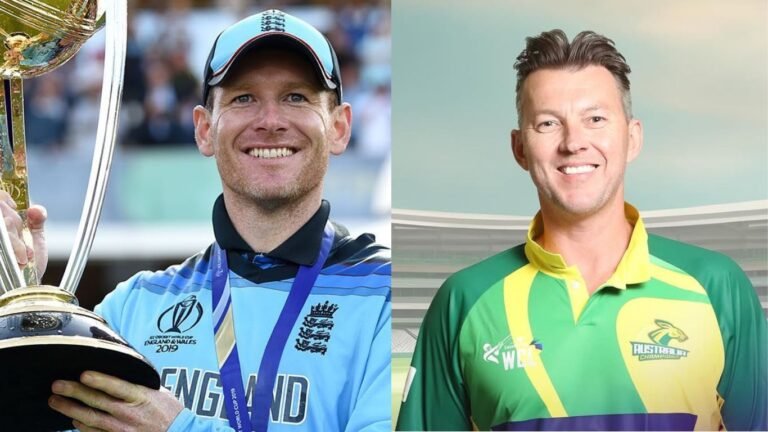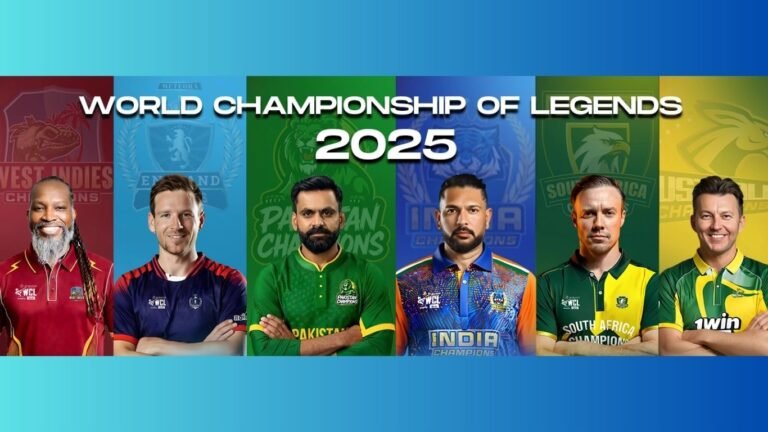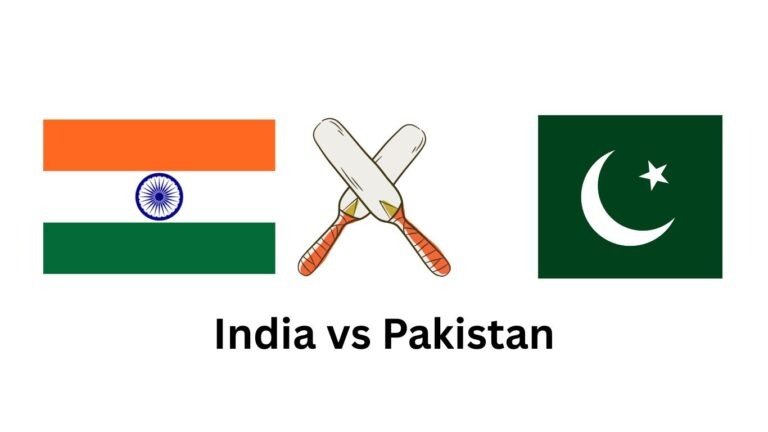“Saath Ghoomna Theek Hai, Par Match Nahi?” – Ex‑Pak Pacer’s Scathing Take on WCL Cancellation
When the World Championship of Legends (WCL) canceled the marquee India vs Pakistan match at Edgbaston, it triggered a wave of headlines, apologies, and disappointed fans. But few remarks cut deeper than those from former Pakistan pacer Abdur Rauf Khan, who called out what he described as hypocrisy between public messaging and private interactions.
Abdur Rauf’s Call-Out: Mixed Messages or Genuine Discomfort?
Rauf didn’t mince words:
“Public ke saamne yeh dikhate ho ki hum nahi khelenge, aur saath mein ghumoge and shopping karoge, yeh unfair hai.”
(“You show publicly that we won’t play each other, but behind the scenes you travel and shop together—this is unfair.”)
He was highlighting what many people sensed: cricketers could be side-by-side off the field but refuse to play when cameras were rolling. For Rauf, that sends a confusing message and risks appearing performative rather than principled.
The Bigger Picture: What Led to Cancellation?
This wasn’t an impromptu decision. Here’s a step-by-step recap of the sequence:
- Indian Legends withdrew: High-profile sign-offs by Shikhar Dhawan, Harbhajan Singh, Yusuf and Irfan Pathan, and others—each citing the April Pahalgam terror attack as reason.
- Sponsor pullout: EaseMyTrip reaffirmed it wouldn’t support any match including Pakistan.
- WCL’s apology: Recognizing the tense sentiments, they publicly apologized and formally canceled the match.
Why Rauf’s Logic Resonates
In Pakistan, Rauf’s words triggered wide discussion. He’s not the only one noticing:
- What fans see: cricketers traveling together, sharing stories, taking photos.
- But what they won’t do: actually hit the field together.
- Rauf’s frustration boils down to this: if personal bonds are intact, why let politics—or optics—block sporting exchange?
It’s a tough question in a context where sports diplomacy is both valued and contested.
Are Cricket and Politics Ever Fully Separable?
Rauf’s comment invites a broader question: Can sport transcend politics?
- In ideal world: yes—sport facilitates dialogue, empathy, unity. India and Pakistan hockey players toured India recently; volleyball teams bonded on court.
- In reality: cricket carries national sentiment unlike any other sport here. Many Indians see any engagement with Pakistan, even at a “legends” level, as political or symbolic.
Rauf’s observation that traveling together but refusing competition creates dissonance highlights this tension perfectly.
Public Reaction: Divided Voices
Rauf isn’t alone. Social media discussions include:
- Critics calling WCL organizers foolish and questioning Indian players’ consistency.
- Defenders argue players followed their conscience—given what happened in Pahalgam.
- Moderate voices suggest lessons in foresight—if Dhawan had expressed unwillingness in May, the match should never have been scheduled.
Rauf’s blunt phrasing “saath ghoomna theek hai, par match nahi” crystallizes many people’s discomfort with the mixed messaging. It feels like buying a ticket to a ghost match.
Broader Implications for WCL and Similar Events
This controversy lays bare some hard truths:
- Private leagues must respect public sentiment, especially involving India‑Pakistan rivalries.
- Token gestures fail when reality sends contradictory signals.
- Cricketers carry responsibility: withdrawal statements echo across audiences globally and shape expectations.
- Sponsors hold leverage: EaseMyTrip’s exit shows how quickly commercial backing can evaporate.
For WCL and future non‑ICC competitions, there’s a clear lesson: planning must align with both public mood and the message reality on the ground sends.
Abdur Rauf’s sharp criticism cuts through the formal apologies and tournament spin. His words shine a light on the uneasy space where sports, symbolism, and politics intersect—especially for India‑Pakistan cricket. Fans who see camaraderie off-camera but walls on the pitch rightly feel a disconnect. Rauf’s cutting line—that shared travel doesn’t justify shared sport—resonates as a challenge to the organizers, players, and fans to be more honest about what these actions truly represent.
Follow CricketBeat for:
- Live scores and match updates
- Player interviews and insights
- Expert analysis before and after every game

